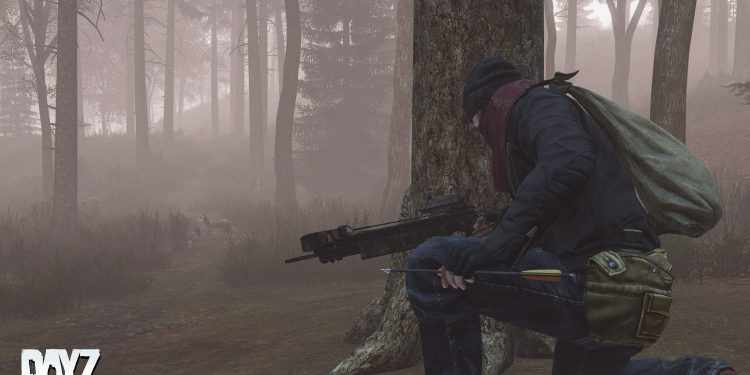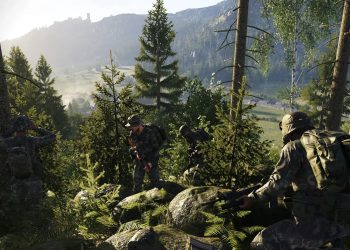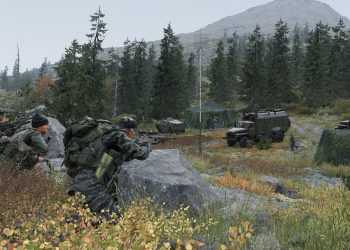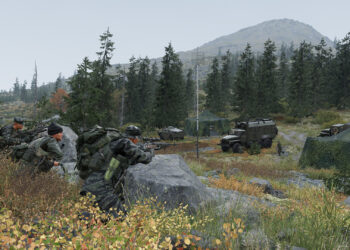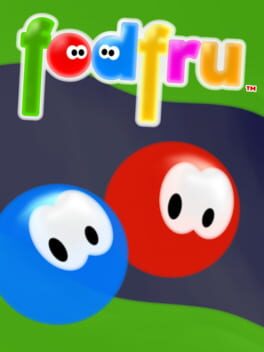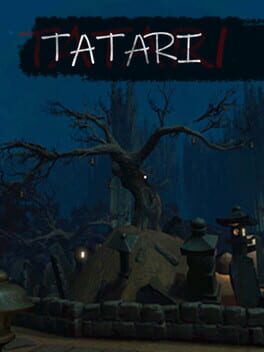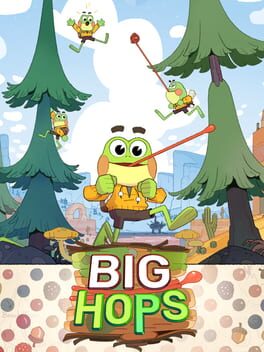Brian Hicks, once the creative director behind DayZ and a co-creator of the battle royale genre, has been pushing for survival games to give players complete control over game settings. He believes players should be able to tinker with every single variable, unlocking a level of customization usually reserved for developers.
Hicks recently spoke about his career and his current work with Hinterland on Blackfrost: The Long Dark 2. He explained how he’s come to care deeply about what he calls “soft modding,” which means letting players adjust all the difficulty settings and game vibe options through exposed levers and switches. “Why not?” he says bluntly.
Unlike competitive games, where tweaking everything might cause balance issues, survival games don’t usually suffer from this. So, Hicks wants to expand this concept with The Long Dark sequel. He also points to 7 Days to Die as a good example, where almost every game variable is available for players to mess with through XML files. “If you built this world and these systems, here you go, tell your story, make your environment,” Hicks argues. “Why gate variables behind hard modding? If it’s there already, expose as much as possible.”
In this context, soft modding means letting players tweak things without needing heavy coding or complex mods, unlike hard modding, which involves more invasive software changes. It’s about handing over the keys and saying, “Have fun.” Sounds like a dream for those who like to fiddle, right?
Many games already offer some form of this, like Crusader Kings 3, which lets players dramatically alter the game with simple text edits. Yet, many others keep their worlds tightly locked down, prioritizing the developer’s original vision over player freedom. Would survival games lose their identity if players could change everything? Hicks thinks it’s a risk worth taking.
He brings up Minecraft as a cautionary tale. “Minecraft, to a degree, is a victim of its own success,” he says. “It blew up to insane levels. Now the consumer expectation of what Minecraft is, it’s so disparately spread.” Some parts of Minecraft’s community create things even Hicks doesn’t know about, despite his involvement in publishing a Minecraft game. Yet, that sprawling, messy identity might be the price for its massive popularity.
Would survival games benefit from this kind of open sandbox approach? Maybe. Could it backfire? Sure. But handing players the tools to craft their own experience might be exactly what the genre needs to stay fresh and interesting. Why keep all the fun locked away?

